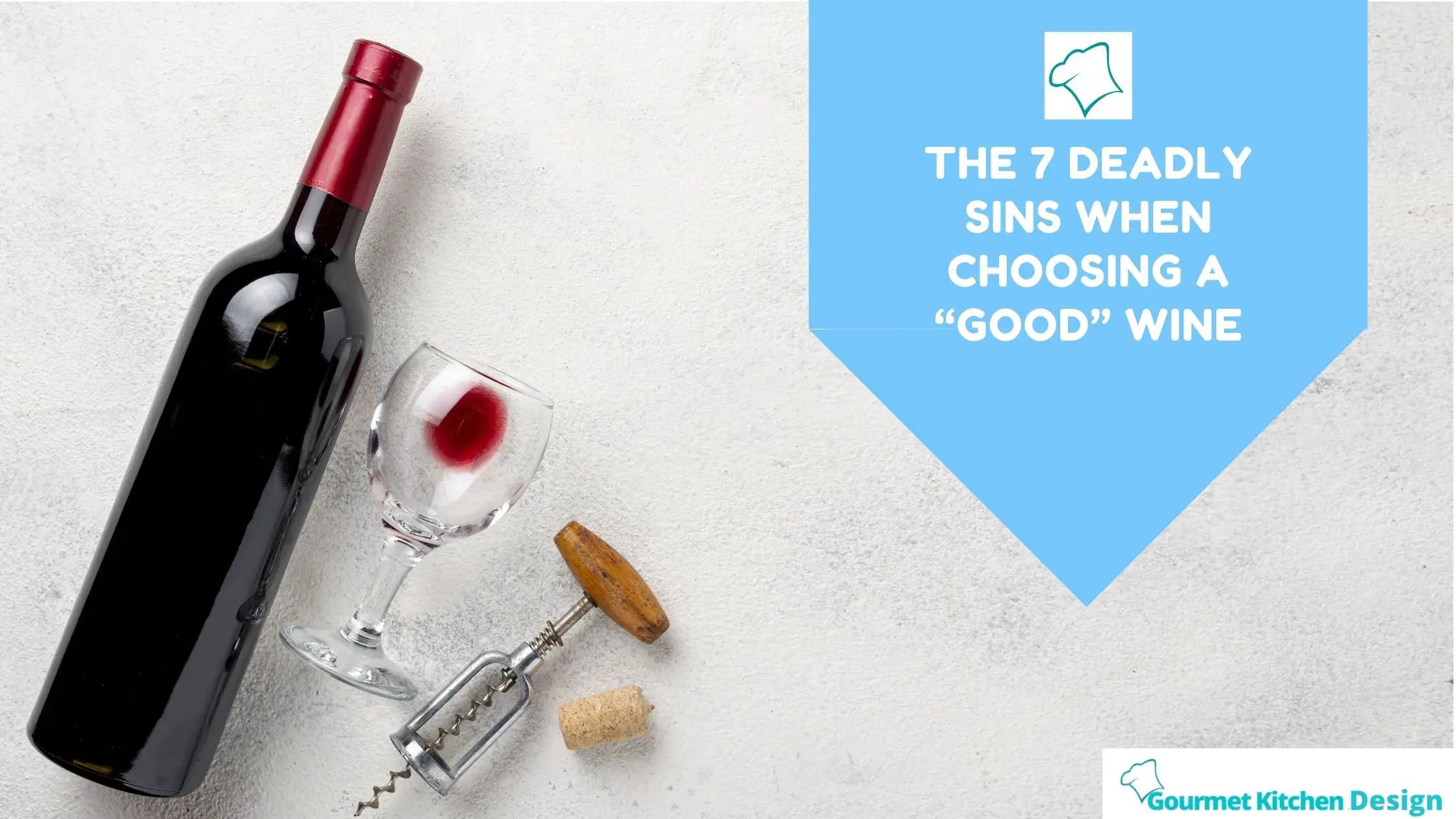Buying wine can be intimidating if you’re not a skilled buyer. However, learning these 7 deadly sins of choosing a good wine will help you in your task!
You’re late for your steak and wine dinner with friends. So you go to the local wine shop, but the selection of wines is overwhelming.
You don’t want to make a mistake and let your friends down. Let me help in making the best decision!
When you’re just learning about wine, it can feel as if you’re obliged to know a bunch of strange, arbitrary rules. However, knowing these things will save you the frustration of a poor wine bottle.
So, let’s pop open a bottle of wine right now!
What Are The Different Types of Wine?
What is the best way to pick a good wine to taste for the first time? I’ll give you a basic overview of the various types of wines. So you won’t be overwhelmed the next time you’re in the wine aisle.
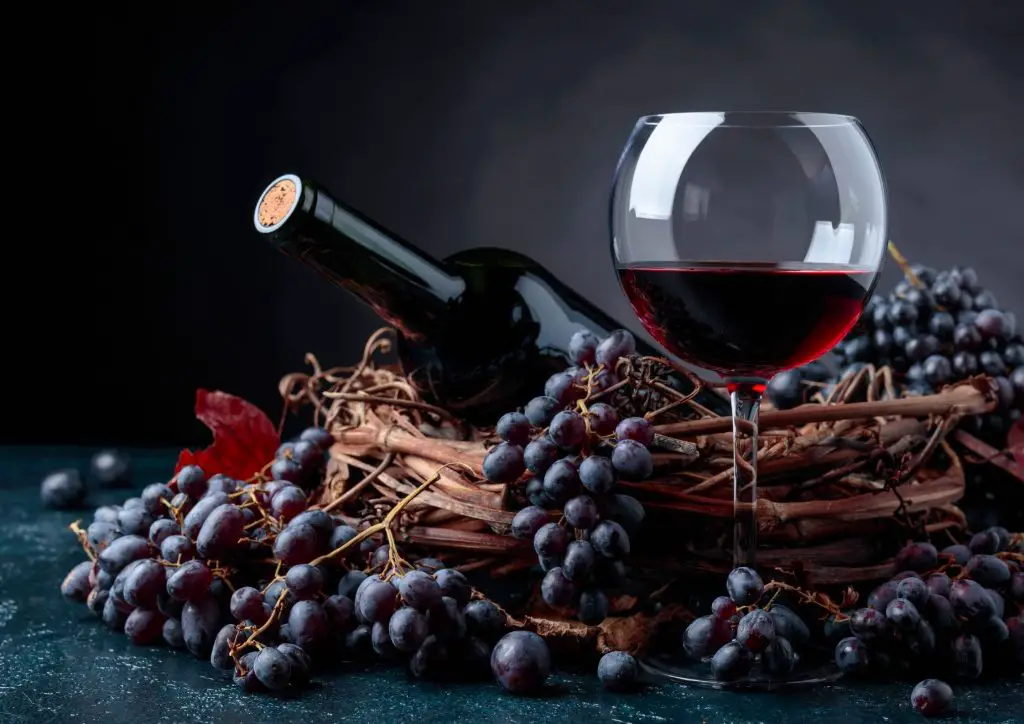
- Red Wine
Red wine is an alcoholic beverage made from dark-skinned grapes and fermented juice.
Red wines are not typically sweet. There is a wide range of flavors in red wine. Different grape types produce fruit, flower, herb, spice, and earthy fragrances.
You can read about red wine in Wine Enthusiast.
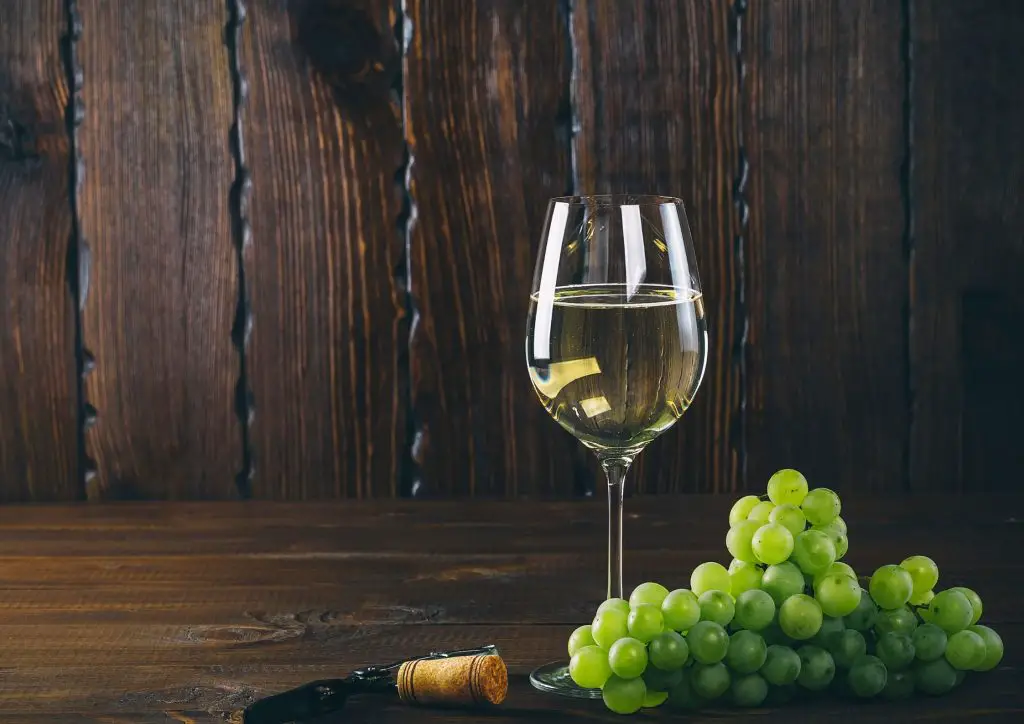
- White Wine
Both white and black grapes are used to make white wines. White wines are not fermented with grape skins. Instead, they remove only the skin and leave clear grape juice.
Tannins are low in white wine. Its acidic nature creates the flavors of freshness, crispness, and tartness. White wine is probably the easiest place to begin developing your wine palate.
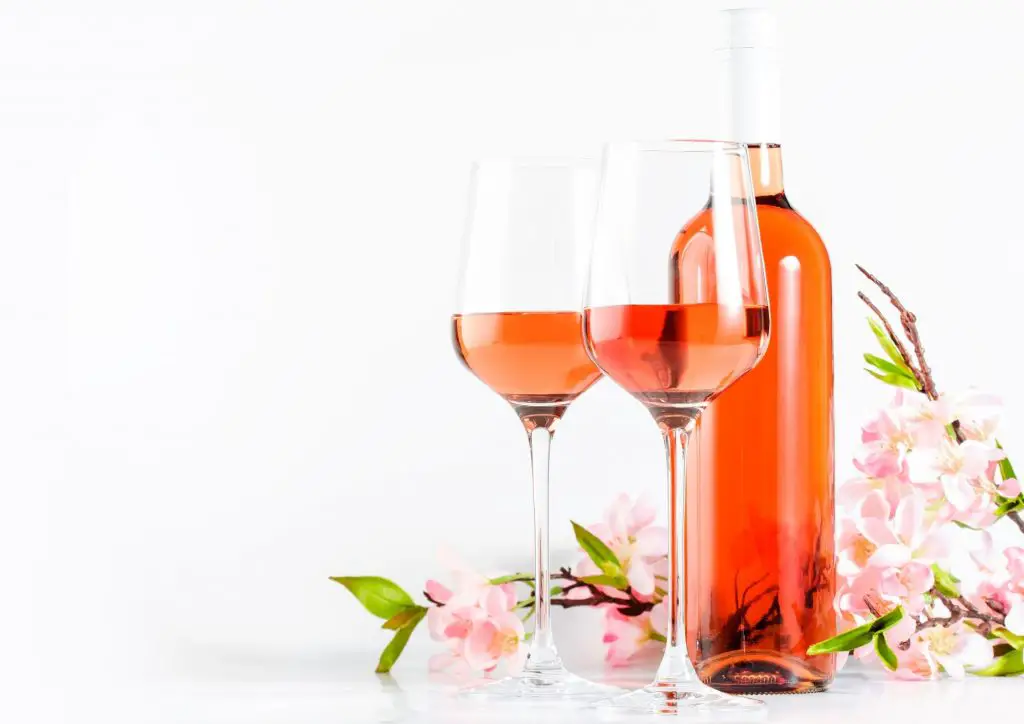
- Rosé Wines
Rosé is a wine known for its blush or pink color. When the juice of black grapes is fermented with the skins for a short time until the juice colors.
It has mild tannins, similar to white wine. But it’s important to note that some rosés are dry. It is a crowd-pleaser because of its light, sweet flavor. It is great for summer parties in your outdoor kitchen and a perfect choice as a starting wine.
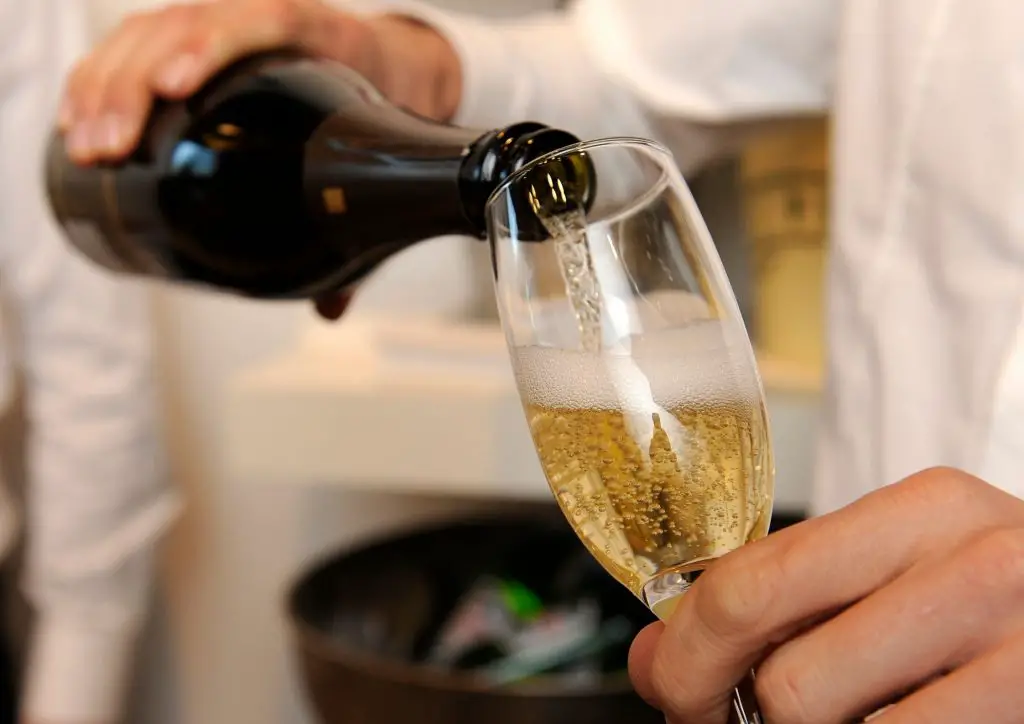
- Sparkling Wines
The term “bubbly” refers to sparkling wines that are carbonated. It is from black and white grapes.
Champagne is the most well-known sparkling wine, and it is often served on New Year’s Eve and at weddings. Plus, it is a good wine to pair with soft cheese.
The 7 Deadly Sins When Choosing A Good Wine
Here are the 7 deadly sins that you must avoid in choosing a good wine.
- Starting with strong-flavored wine
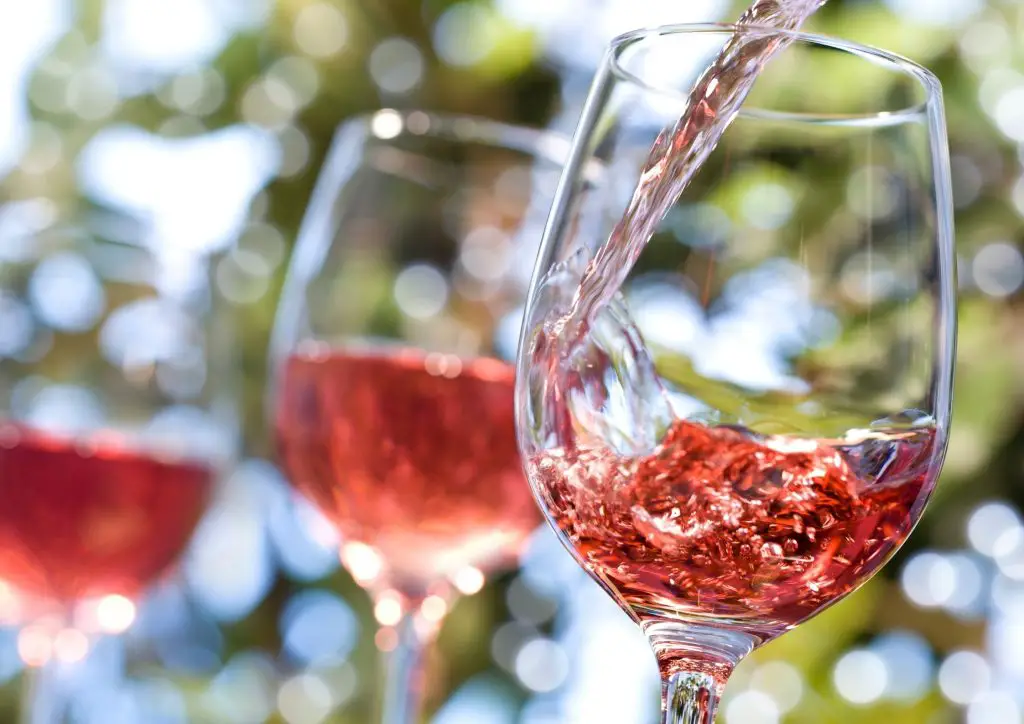
Don’t start with strong-flavored wine. Start with a light-flavored wine if you’re new to wine tasting. According to a study by Sonoma State University, most people prefer a sweet white or rose wine first. Later on, they develop a taste for dry reds or wines with more distinct flavors.
So, there’s no need to rush with the red wines. Your taste will eventually change over time.
If the idea of sipping a sweet wine makes you cringe, that doesn’t mean you should instantly switch to reds. Choose a dry white or rose instead. Starting with a softer wine will help you learn to appreciate a wider range of wines.
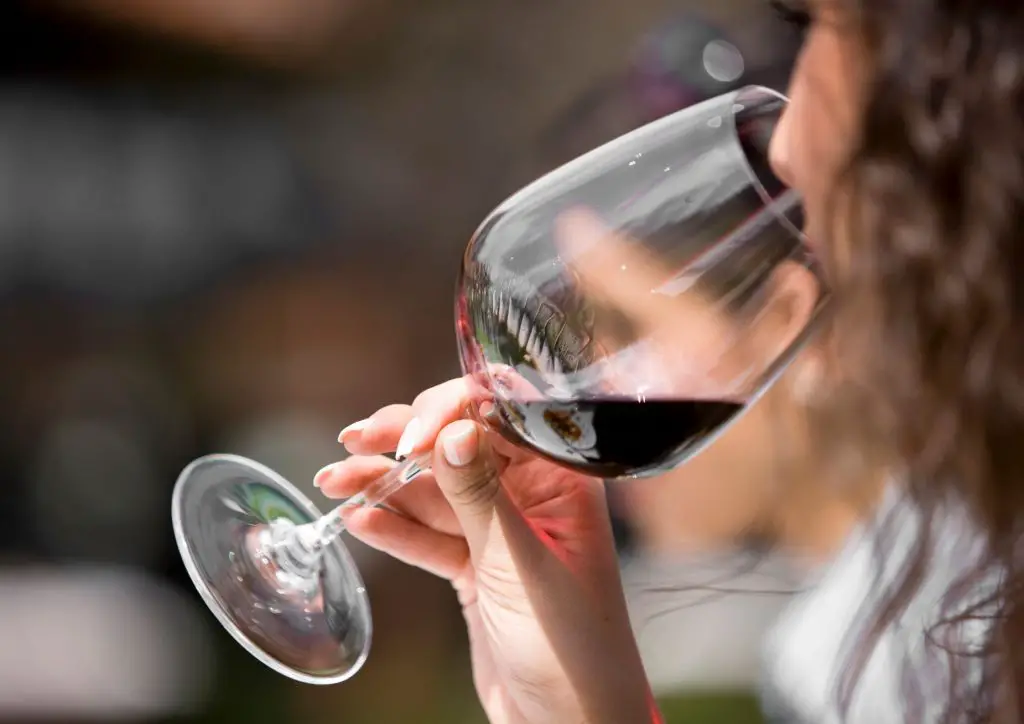
- Not considering the flavors you enjoy
Wine comes in a variety of flavors. Consider the flavors you enjoy in other drinks and foods when selecting a wine.
For instance, if you have a sweet tooth, you will favor a sweet-tasting wine. And if you like your black coffee, you probably want your wine acidic.
- Not considering the occasion
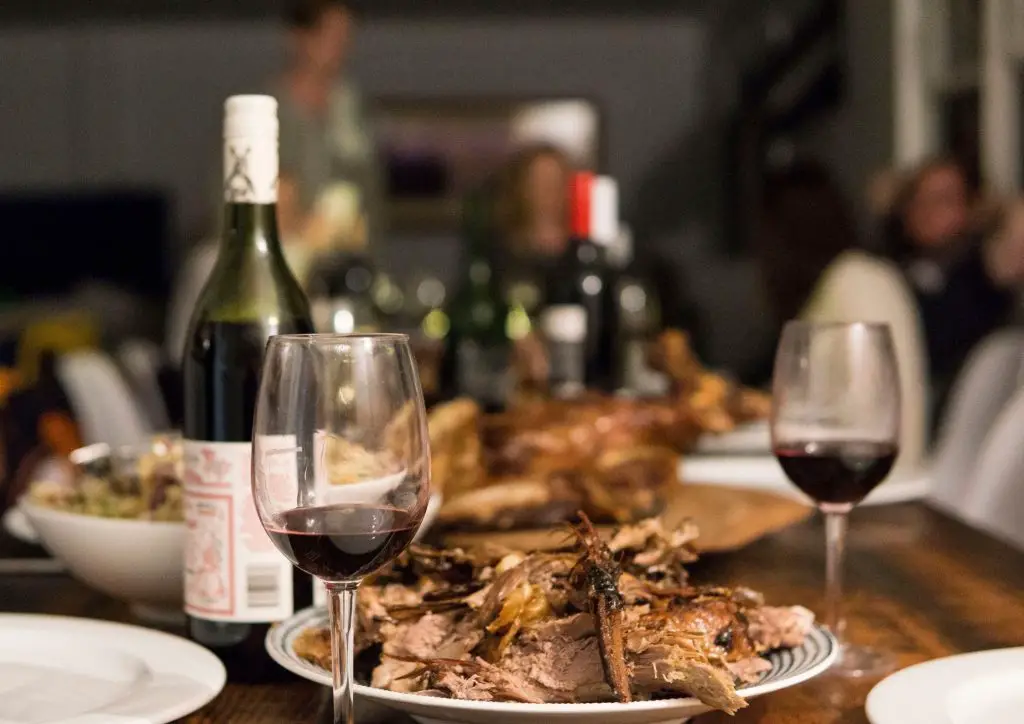
Is the bottle of wine for yourself or to share with friends? Consider picking up a bottle of white and a bottle of red to please your friends. That is enough to satisfy a wide range of palates.
If you’re having a family meal, the general rule is to serve white wines with lighter dishes like chicken and fish. Red wines are a good choice for heavier foods like meat and lamb.
The flavors of the wine aren’t as important if you’re blending it into a cocktail or summer sangria. And if you use your wine in a recipe, the flavors will blend into the sauce or meat. When making a drink or cooking with wine, consider going for a less expensive bottle.
- Not reading the label
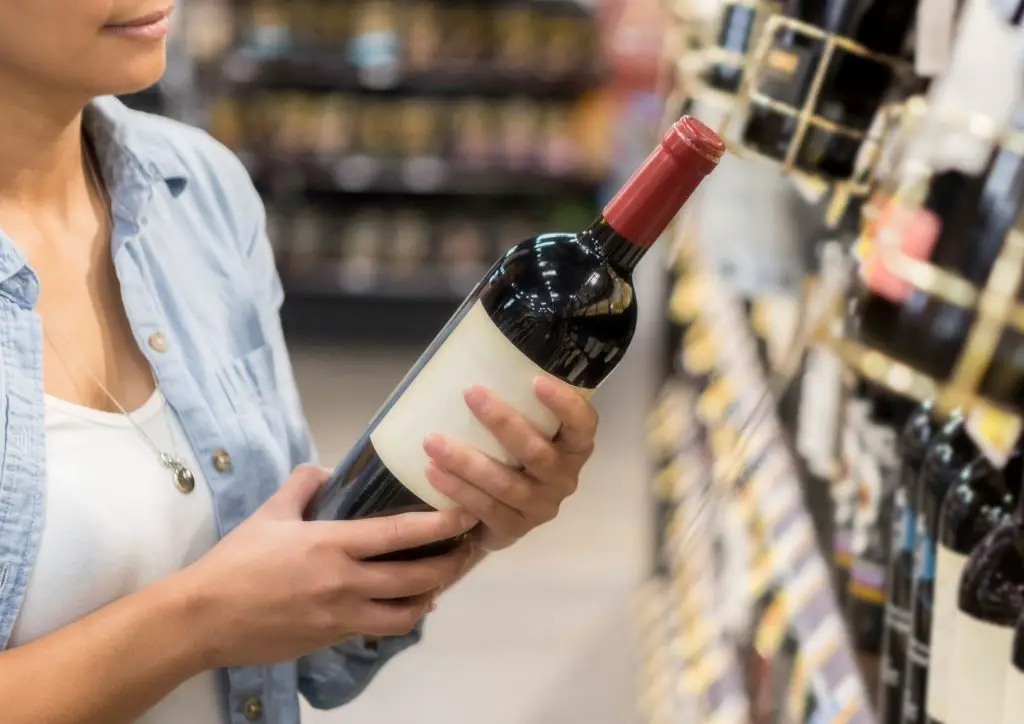
You may want to buy a bottle of wine with appealing graphics, attractive fonts, or a witty name. And it might not be the smartest move, especially when the options appear to be endless.
However, rather than admiring the label, it is necessary to read it.
Sweetness, acidity, tannin, body, and alcohol are the five basic characteristics of good wine. The wine descriptions will be easier to read if you understand those.
- Getting a first-label wines
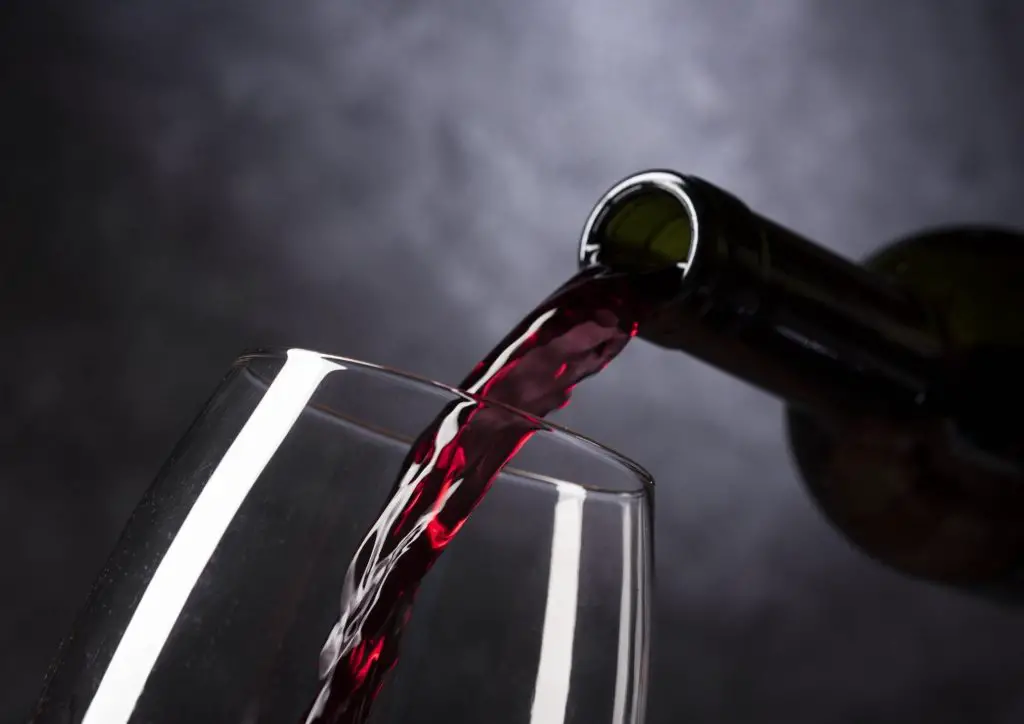
You might assume that a higher price equals good wine if you’re new to wine. That is why the majority of people prefer first-label wines over second-label wines.
Connoisseurs often praise first-label wines, which can be quite costly. But, if you’re new to wine tasting, the first-label wine may not fit your palate.
Second-label wines can be a great alternative to expensive first-label bottles in this situation. The vineyard selects the grapes for their first label carefully. Grapes that aren’t as mature or polished aren’t used.
Rather than dumping or selling these grapes, they turn them into wine with the same method as the first labels. However, they sell it under a different name.
These second labels will still provide you with a high-quality wine flavor at a much lower cost.
- Assuming that the older the wine, the better
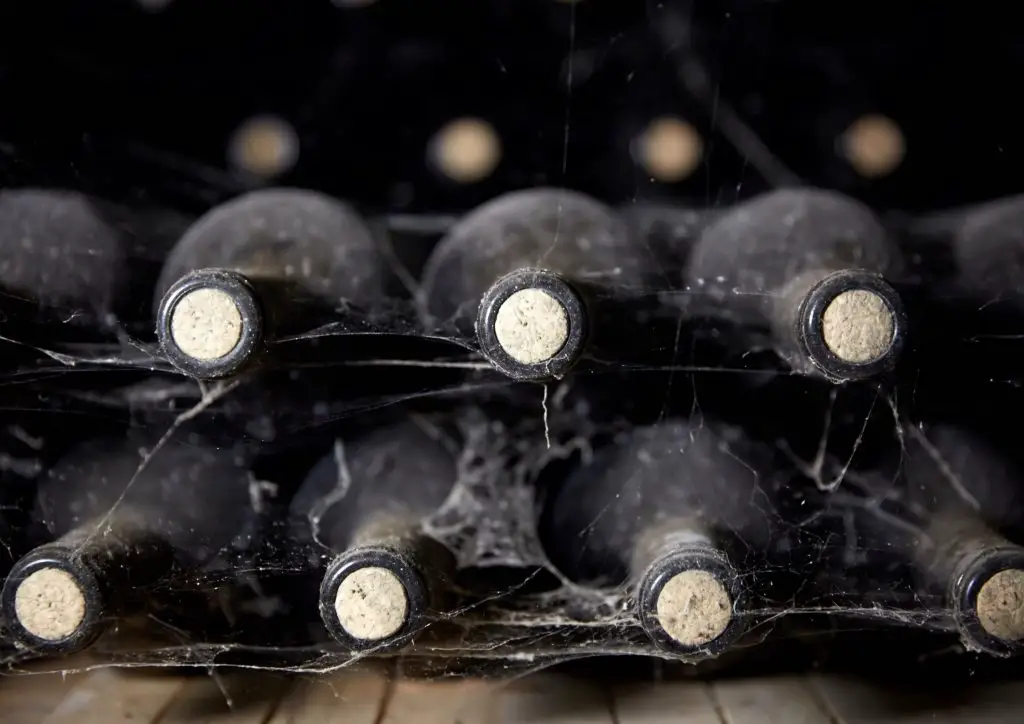
While it’s a popular misconception that older wine is better, this is not the case. Some wines improve with age, and some are best from different aging periods.
Although red wines require more aging than white wines, any wine you buy at the supermarket is ready to drink. Most wines are not meant to be aged, and you have to consume them within five years of purchase.
- Opting for higher price wines
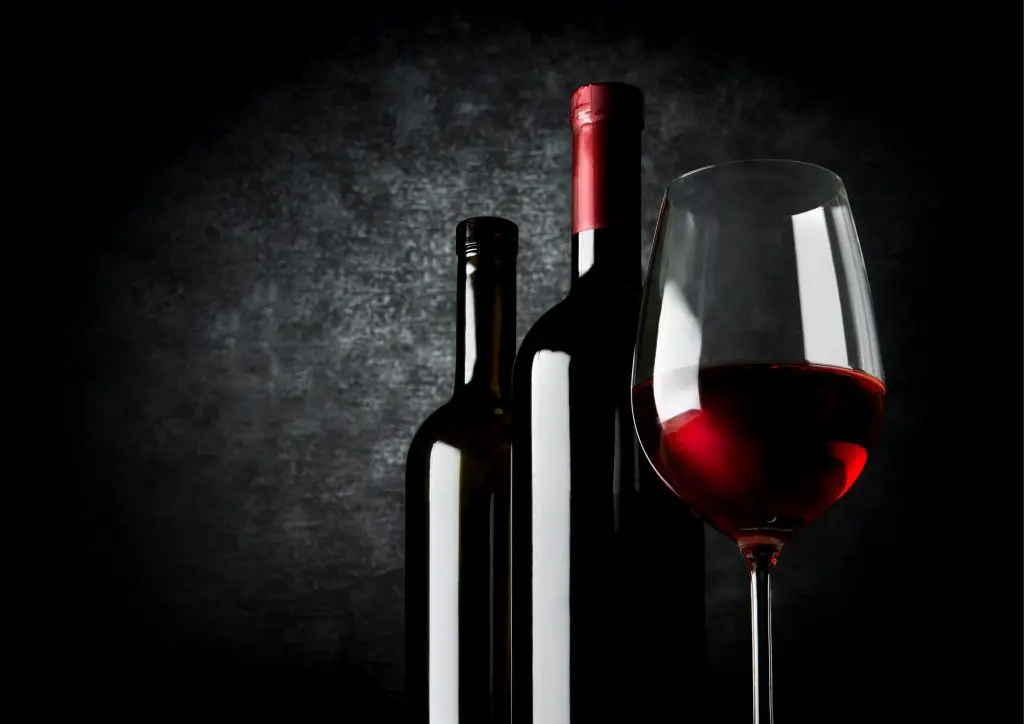
You’re walking down the wine aisle, and there’s a wine on sale. You might be assuming that it is not a good wine.
However, that’s not always the case. It’s probably because it’s out of season or sitting in the store’s inventory for a long time. These factors do not mean that the wine is lower quality or will not taste good.
These discounts can even be a great way to get a good wine deal. Choosing a wine based on its price might also lead to disappointment. A more expensive bottle of wine does not always mean that it is a good bottle.
Always consider the flavors and characteristics you like and the occasion when choosing a wine. And then pricing as a secondary consideration.
The Best Wine for Different Occasions
What occasion would be complete without wines? Before selecting wines for a special occasion, there are a few factors to consider.

Date Night
What’s the best thing to get your date night started with your partner in a romantic mood? Popping a bottle of wine!
Begin with a glass of bubbly wine, champagne, or dry white wine. It will enable you to unwind into the evening, allowing your daily worries to go away to enjoy your partner’s company.
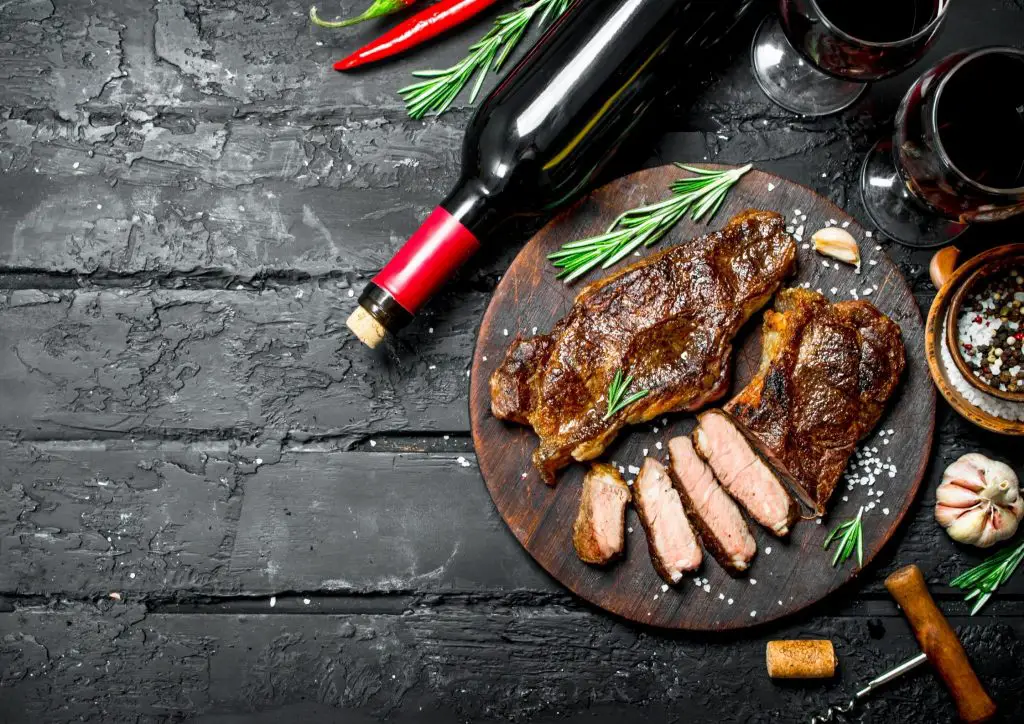
Grilling Parties
Crisp white wine variants are great for a barbecue party in your backyard. They’re dry and can be refreshing to the taste buds.
You can also make a red or white wine-based Moscato Punch or Sangria. Experiment with different fresh fruits and herbs to see what you can come up with. It can be a refreshing drink that your guests want to drink again.
Wedding
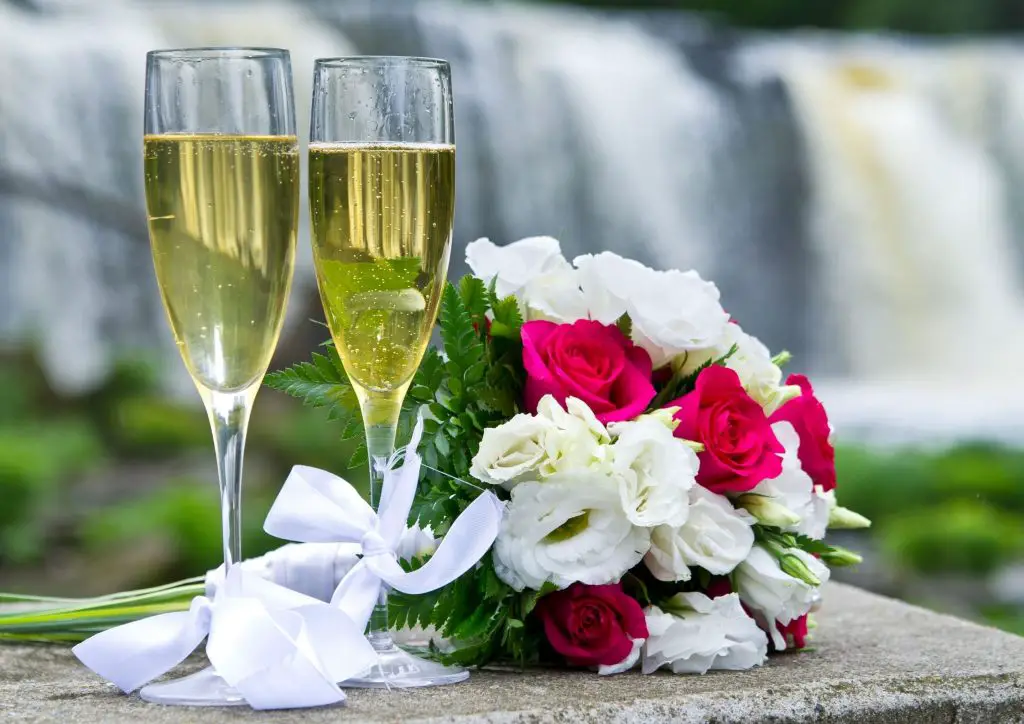
Bubbly celebratory beverages like Champagne or Prosecco are ideal for a wedding celebration. Champagne is more expensive and drier than Prosecco.
Also, consider what foods to serve at the party, and drinks go best with each stage. The flavor of the wine should complement, not overpower, the taste of the food.
Tips
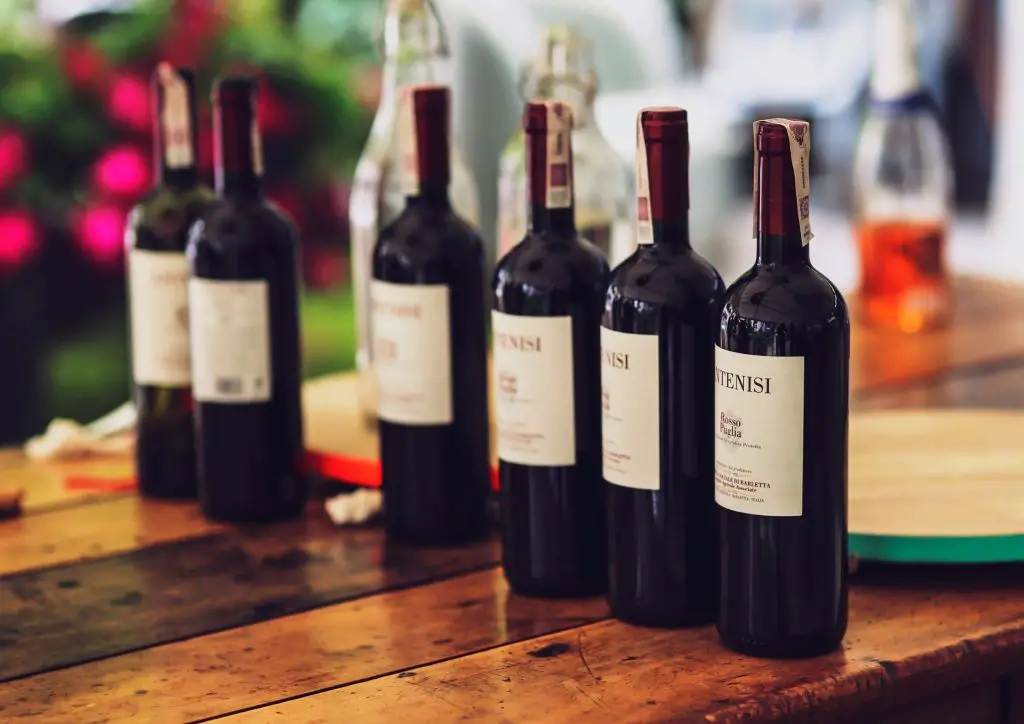
- Store your wine horizontally to prevent corks from drying.
- To avoid spilling a drop on the table or a guest, wipe the mouth of the bottle each time you pour.
- Instead of rotating the bottle, keep it steady and rotate the wine opener.
- Be careful not to overfill a glass when pouring wine from the bottle. Never fill the wine glass more than two-thirds full.
- Before tasting a wine, make sure you smell it first. Our sense of smell is far more sensitive than our sense of taste.
People Also Ask
What is the most important thing to consider when choosing a wine?
The harvest time is one of the most important factors in determining the quality of the wine. Timing the harvest is vital for winemakers because it allows them to control the wine’s acidity, sweetness, and, by extension, alcohol content. The quality of the wine will depend on everything that is done in the cellar.
should I store wine in the refrigerator?
After being opened, red wine should also be chilled in the fridge, and you can also do it with white wine. After a few days in the fridge, red wines with more subtle flavors, like Pinot Noir, can start to taste “flat” or less fruity.
How long does opened wine last?
After being opened, a wine can be stored for three to five days, depending on how light or heavy it is. Wines like Pinot Grigio, Sauvignon Blanc, and sweet Riesling, as well as rosé, can be kept fresh in the fridge for up to seven days once they’ve been corked.
Conclusion
We’ve all experienced the heartbreak that comes with selecting the wrong bottle. And we all know that the only way to learn is to make mistakes.
These common mistakes can save you from buying the wrong bottle. Because wine is typically a luxury item, getting the most out of each bottle is important.
Now I’m confident inviting my friends over for a wine night. I’d open my best bottle of wine and serve it with the most exquisite cheese platter I made!
What is your current favorite wine? Let me know in the comments!

